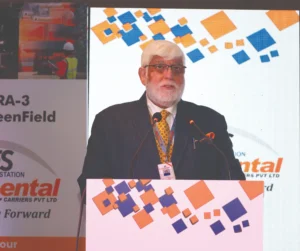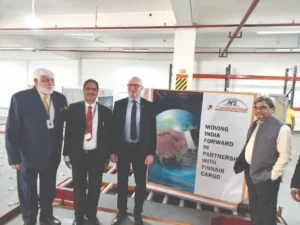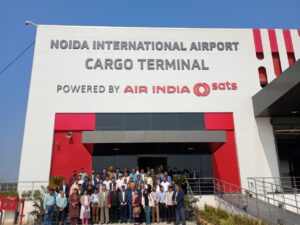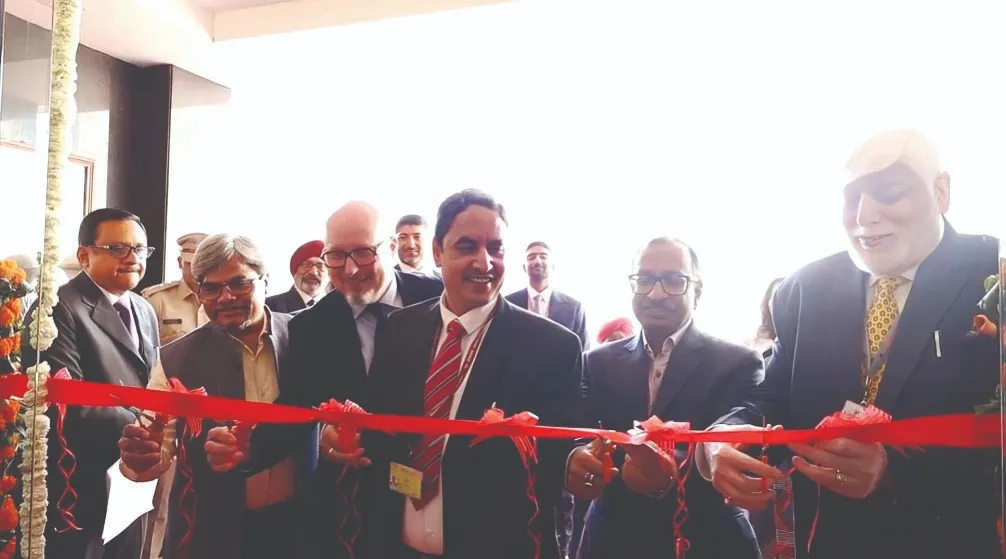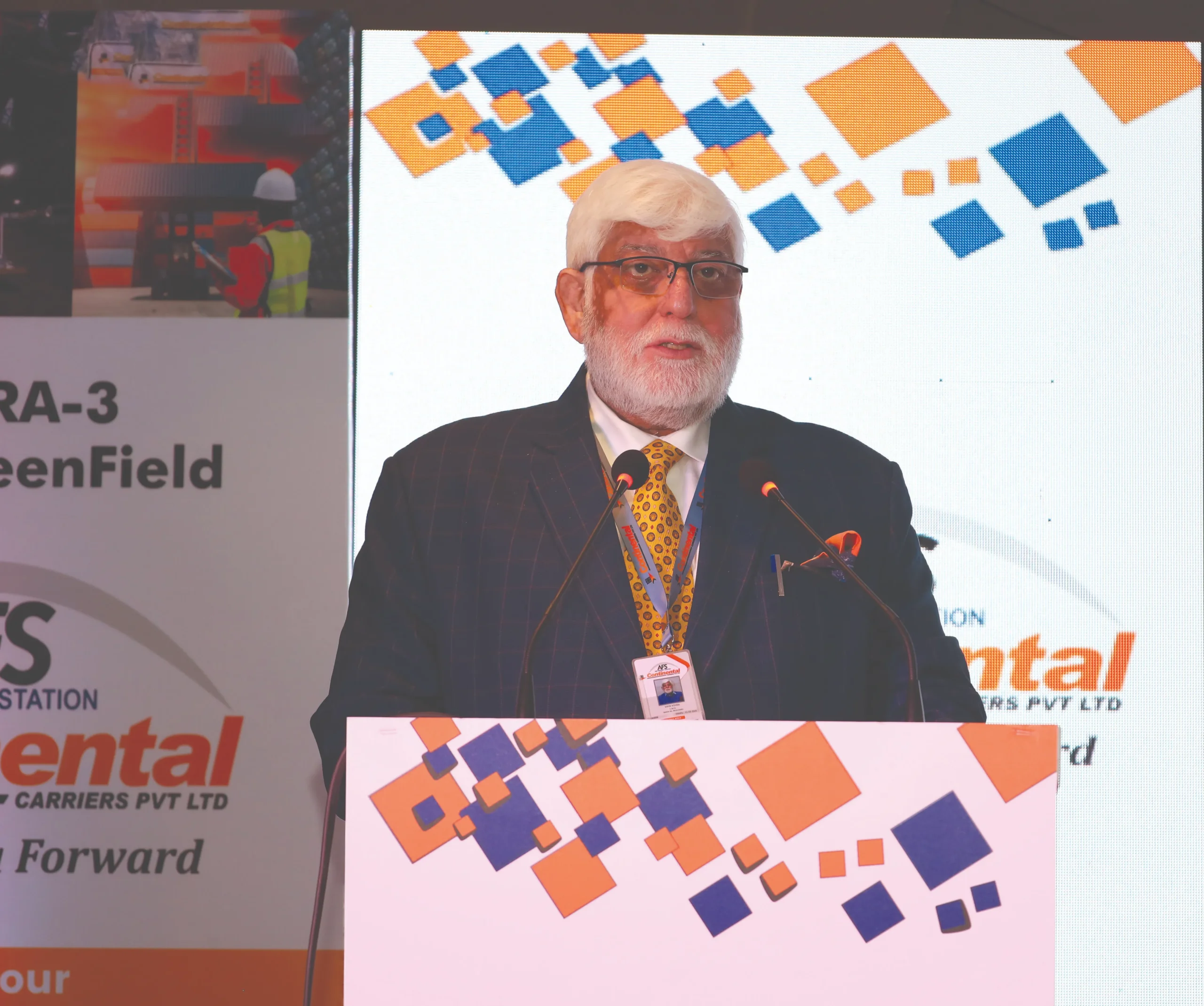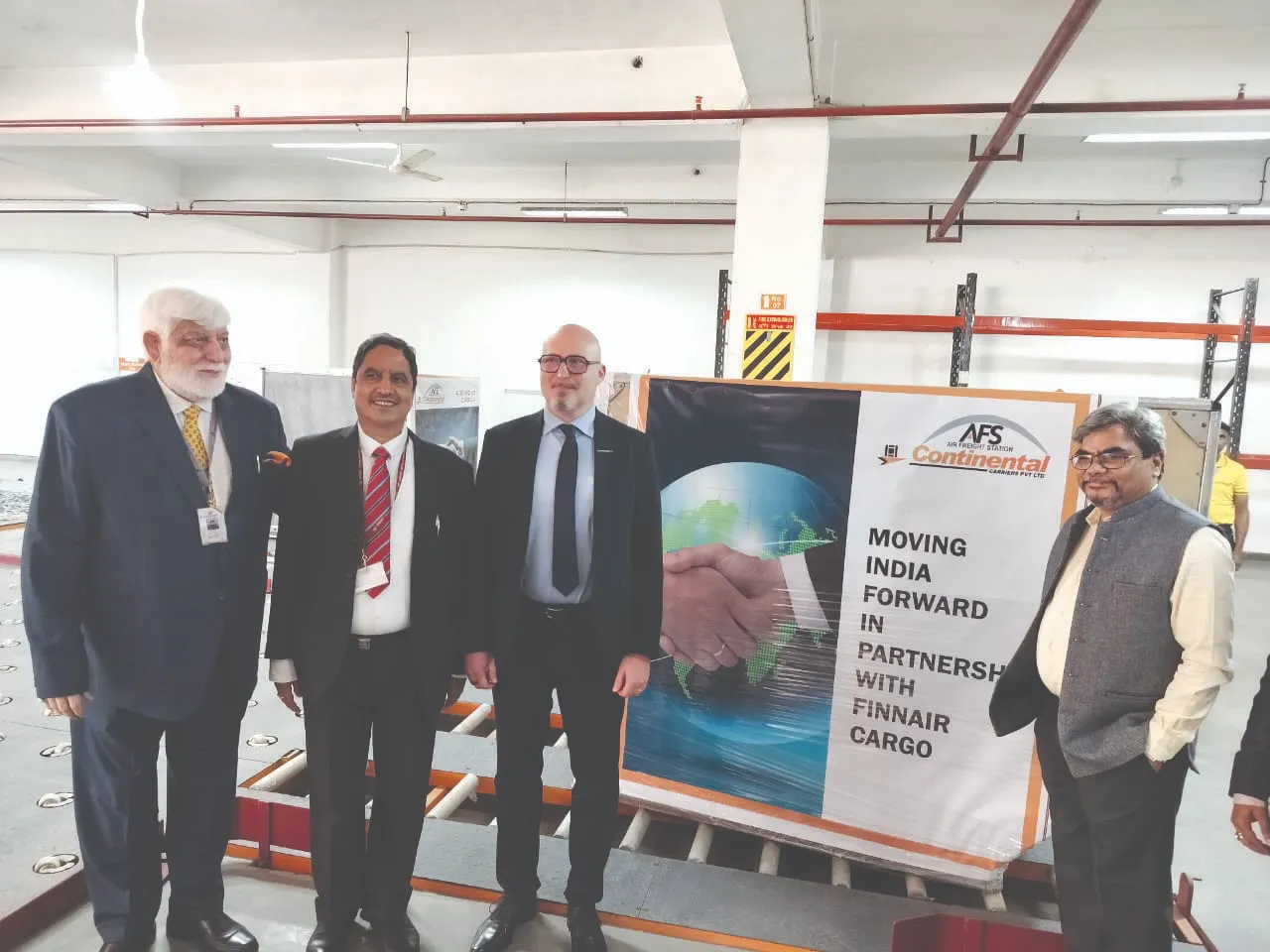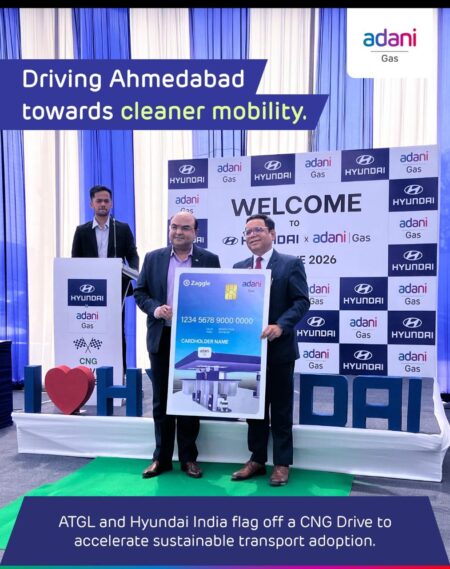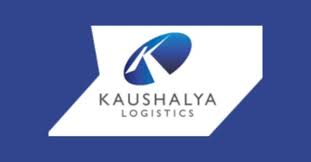Continental Carriers successfully inaugurated India’s first RA-3 accredited greenfield Air Freight Station (AFS) at Kapashera, New Delhi, on April 9, 2024, marking a significant milestone in India’s logistics landscape.

Continental Carriers Pvt. Ltd. achieved a milestone in India’s logistics sector with the inauguration of India’s first RA-3 accredited greenfield Air Freight Station (AFS) at Kapashera, New Delhi, on April 9, 2024. This historic event marks a significant leap forward in India’s logistics industry, showcasing Continental Carriers’ commitment to innovation, service excellence, and sustainability.
The inauguration ceremony, attended by esteemed dignitaries including Shashank Priya, Special Secretary & Member, GST, CBIC; Samanjasa Das, Chief Commissioner of Customs (Delhi Zone); Pasi Nopanen, Sales Director (Cargo), Asia-Finnair; Antti Asikainen, Cargo Outstation Manager, Finnair; Vipin Vohra, Chairman, Continental Carriers; Vaibhav Vohra, Managing Director, Continental Carriers; and Viraj Vohra, Director, Continental Carriers, was a resounding success.
The event underscored the transformative impact of the AFS on India’s air cargo handling capabilities and its alignment with national logistics objectives. Continental Carriers’ visionary leadership and unwavering dedication were lauded by the attending dignitaries, who commended the company for pioneering a novel initiative that will catalyse growth and modernization in the logistics sector.
From vision to reality
The concept of the Air Freight Station was conceived by its founder, Late. T.N. Vohra, during a time when off-airport cargo handling was unfamiliar in India’s logistics sector. While successful elsewhere, India had yet to realise the potential of such terminals. This vision drove Continental Carriers Pvt. Ltd. to establish India’s first RA-3 accredited green field Air Freight Station, aiming to deliver efficient, reliable, and cost-effective air freight services globally.

Continental Carriers aims to spearhead the air freight sector with top-notch customer service and operational excellence
Continental Carriers Pvt. Ltd. aims to spearhead the air freight sector with top-notch customer service and operational excellence. Tailored to meet the unique needs of each customer, aiming to revolutionise air cargo handling in India, thereby cutting logistics costs. Continental Carriers Pvt. Ltd. invited the logistics community to collaborate in making this endeavour a success.
Bridging the gap
In the air freight industry, the conceptualization of Air Freight Stations (AFS) as off-airport locations addresses challenges such as congestion at major airports due to limited space and increasing air traffic. Establishing off-airport AFS facilities redistributes cargo handling loads, easing congestion and offering cost-saving opportunities compared to operating within airport premises, which incur high land expenses and leasing fees. Additionally, airports often struggle with limited capacity, especially during peak seasons, leading to bottlenecks in cargo processing. Off-airport AFS facilities supplement terminals by providing additional capacity and infrastructure while offering tailored solutions for specific cargo handling needs, enhancing operational flexibility.
M/s Continental Carriers Pvt. Ltd. is the first Air Freight Station in India to be RA-3 certified by the European Council (EU) and UK, allowing direct transportation of air cargo into the European Union and UK from a third country airport (India). Additionally, this facility is also C-TPAT (CAT-A) certified, enhancing supply chain security and expediting cargo processing through risk mitigation measures.
A decade of dedication
Launching India’s first RA-3 accredited greenfield Air Freight Station (AFS) was a challenging journey for Continental Carriers. Being a novel concept, unknown to regulatory and facilitating organisations, the company anticipated the uphill task ahead to make it a reality in India.
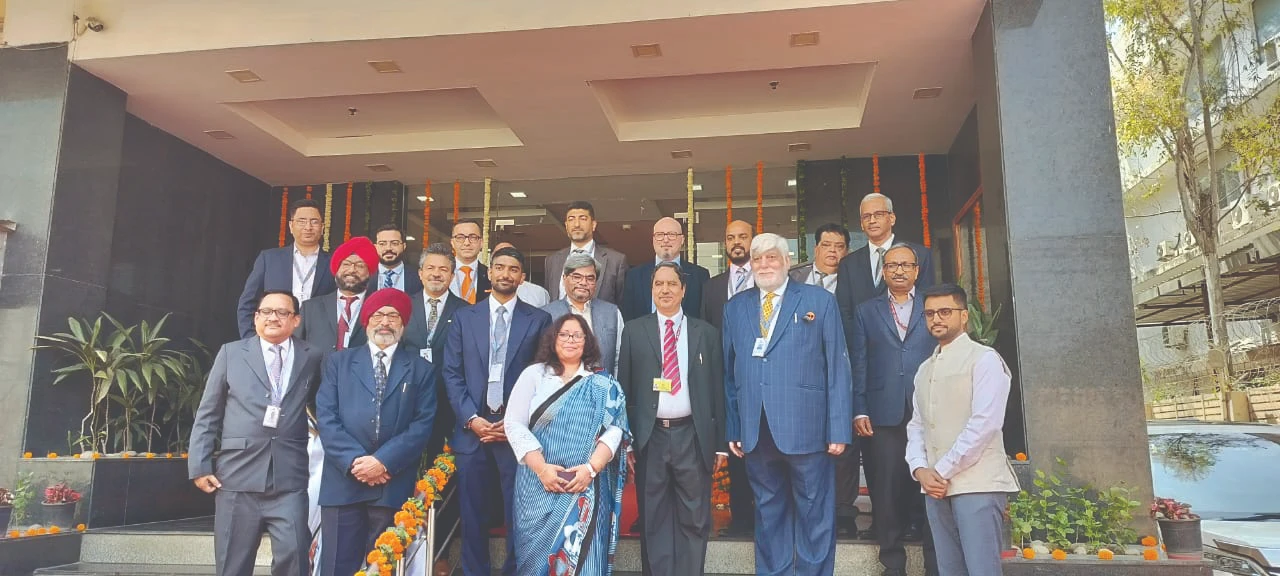
The Air Freight Station is set to redefine customer service standards by offering a range of exceptional services
Speaking about the challenges, Vipin Vohra, Chairman of Continental Carriers, reminisces about the moment when the concept of an Air Freight Station was submitted to the Inter-Ministerial Group. It was returned, stating that the Ministry of Civil Aviation is proposing to come out with the AFS policy. Soon after, the first-ever AFS Policy was announced on 28th October, 2014. Continental Carriers became the first logistics company to apply for the Green Field Air Freight Station.
Subject to various regulations and standards from regulatory and facilitating authorities such as customs and BCAS, understanding and compliance with these regulations were crucial before setting up an air freight station. Continental Carriers explained the features to the concerned authorities, and finally, the Ministry of Commerce approved it on August 30, 2016.
Other challenges included recruiting specialized and trained security staff, as per BCAS guidelines, and cargo handling staff trained in unitization as per airline or customer requirements. Since then, it has taken close to a decade to complete and launch this dream project with the unwavering commitment and tireless efforts of the Continental Carriers team, led by its visionary Chairman, Vipin Vohra.
Transformation in the making
The Air Freight Station is set to redefine customer service standards by offering a range of exceptional services. These include customs clearance, customised unitization, and transportation in bonded trucks under customs supervision to the airport. With a focus on reliability, the station promises faster processing, smoother handling, and enhanced control and visibility, all monitored under 24 x 7 CCTV surveillance. Moreover, it will streamline operations by facilitating customs clearance, adhering to BCAS guidelines for X-ray screening, and offering ULD build-up services under one roof.
In addition to its spot rate functions, the Air Freight Station will provide cost-effective Air Freight groupage services, featuring competitive rates and flexible pricing, particularly for high-density or high-volume shipments bound for selected destinations with pre-booked capacity. Its comprehensive service portfolio encompasses carting order management, truck scheduling, offloading facilities, cargo acceptance, customs facilitation, X-ray screening with ETD facilities, palletization, and storage, among others.
Operational standards at the Air Freight Station will prioritise safety and security, ensuring strict adherence to safety protocols and regulatory compliance. By extending its reach to hinterland regions and alleviating congestion at international airports, the AFS aims to facilitate international air cargo operations. This strategic move will expedite international cargo movement, leading to a reduction in logistics costs and empowering exporters to compete more effectively in the global market.
Furthermore, the station will provide value-added services such as collecting shipments from exporters’ designated locations, personalised loading, pilferage prevention, enhanced reliability through automated monitoring, and secure storage facilities. With online booking options available, the Air Freight Station endeavours to offer a seamless and efficient experience for its clients, further solidifying its position as a key player in the air freight industry.
USPs
Continental Air Freight Station (AFS) serves as an off-airport cargo handling location located in close proximity to IGI Airport. It offers several unique selling propositions (USPs) compared to traditional airport cargo terminals:
Accessibility: Continental AFS is strategically positioned near IGI Airport, ensuring quick and easy access to air transport facilities. This proximity reduces transit times for cargo and enhances overall logistics efficiency.
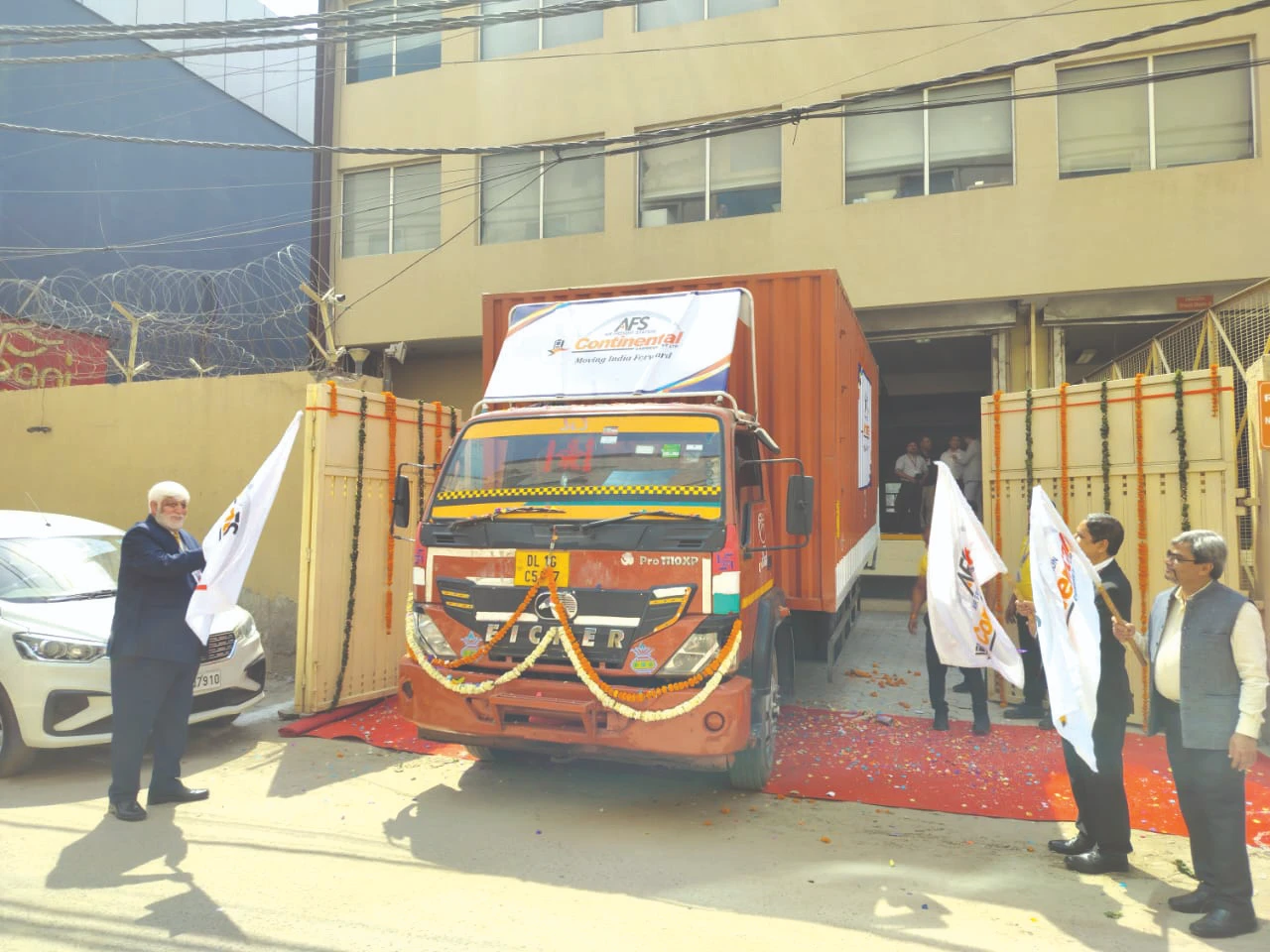
Continental Air Freight Station serves as an off-airport cargo handling location located in close proximity to IGI Airport
Cost-effectiveness: AFS often has lower operational costs compared to on-airport cargo terminals. This cost advantage can translate into more competitive pricing for users, making AFS an attractive option for businesses looking to optimise their supply chain expenses.
Flexibility: AFS typically offers greater flexibility in terms of handling various types of cargo. This flexibility allows users to tailor their logistics solutions according to specific requirements, thereby improving overall supply chain management.
Customisation: AFS can provide customised services to meet the unique needs of different businesses. Whether it’s specialised handling, storage conditions, or value-added services, AFS can tailor its offerings to accommodate diverse customer demands.
Reduced congestion: By diverting cargo handling activities away from congested airport terminals, AFS helps alleviate traffic and congestion around airport premises. This can lead to smoother operations and faster turnaround times for cargo transportation.
Scalability: AFS can scale their operations more easily to accommodate fluctuations in cargo volumes and seasonal demand patterns. This scalability ensures that users have access to reliable cargo handling services, even during peak periods.
Overall, the unique selling propositions of Air Freight Stations, such as accessibility, cost-effectiveness, flexibility, customisation, streamlined operations, reduced congestion, and scalability, collectively benefit users by enhancing efficiency, reducing costs, and improving overall supply chain performance.
Alignment with national goals
In alignment with national goals, Continental Air Freight Station (AFS) is set to concentrate on enhancing infrastructure, connectivity, trade facilitation, technology integration, and sustainability within its logistics operations. These objectives are delineated in both the National Logistics Policy and the PM Gati Shakti National Master Plan.
AFS is poised to assume a pivotal role in bolstering logistics and transportation infrastructure by facilitating the efficient movement of goods via air transport. This initiative aims to enhance connectivity and minimise transit times. Acting as pivotal hubs for consolidating and distributing air cargo, AFS facilities are poised to foster improved connectivity within India and globally, thereby aligning with the overarching objectives of enhancing connectivity and curbing logistics costs.
Furthermore, the modernization of AFS will entail the seamless integration of advanced technologies such as automation, digitization, and the IoT (Internet of Things). These innovations are anticipated to augment efficiency, transparency, and security in cargo handling and tracking processes. Such technological integration is deemed indispensable for bolstering the competitiveness of India’s logistics sector, as underscored in both policy frameworks.
Security and technology
In CCPL’s Air Freight Station (AFS), security is of utmost importance. All security equipment, including ETD and X-ray machines, conforms to BCAS specifications for cargo screening. Qualified screeners certified by BCAS utilize this equipment to ensure thorough security checks.
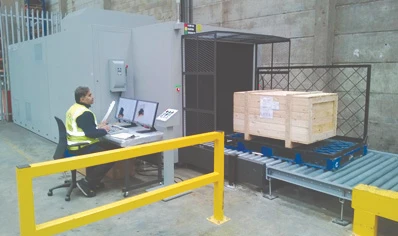
The primary goal of AFS is to reduce logistics costs associated with transporting goods to and from Tier II and III cities
The use of close-bodied bonded trucks further enhances cargo security during transportation, particularly for high-value or sensitive shipments, reducing the risk of theft or damage in transit. CCPL’s AFS employs a comprehensive approach, integrating security measures, compliance with international certifications, and efficient cargo handling. This holistic strategy promises exporters a seamless and secure air freight experience.
Competition and tier II/III cities
In the foreseeable future, Continental Air Freight Station (AFS) will play a pivotal role in fostering competition among cargo terminal operators and accessing markets in Tier II and III cities. AFS, operating as a crucial link between airports and local distribution networks, plans to extend its presence into these cities to enhance accessibility and connectivity, thereby encouraging heightened competition among operators. This expansion aims to lower entry barriers, allowing more participants to enter the market, thereby creating a more dynamic and competitive environment.
A primary goal of AFS is to reduce logistics costs associated with transporting goods to and from Tier II and III cities. By strategically locating facilities closer to these markets, cargo terminal operators can streamline operations, minimise transit times, and cut transportation expenses. This cost-efficiency will enable operators to implement more competitive pricing strategies, fostering robust competition within the industry.
Furthermore, AFS facilities will serve as centralised hubs for sorting, consolidating, and distributing cargo. By strategically placing AFSs in Tier II and III cities, operators can optimise distribution networks, ensuring swift and efficient delivery of goods. This operational efficiency empowers operators to vie for market share by offering timely and dependable services to customers.
The establishment of AFSs in Tier II and III cities provides cargo terminal operators with an opportunity to tap into previously underserved markets, expanding customer bases and increasing market share, thus driving economic growth through enhanced trade and commerce. Additionally, AFSs can be customized to meet the unique demands of these cities, offering specialized services such as last-mile delivery solutions, warehousing facilities, or value-added services, thereby enabling operators to differentiate themselves from competitors and gain a competitive edge.
Long-term vision
In developing a long-term vision and expansion plan for Continental Air Freight Station (AFS), various factors such as market demand, technological advancements, regulatory changes, and the competitive landscape will be considered. An outline for both geographical footprint and service offerings is as follows:
Geographical footprint expansion: Your Attractive Heading
Regional Expansion: Identifying key regions with high demand for air freight services and considering expanding operations to these areas.
Global Presence: Exploring opportunities for international expansion by entering emerging markets or strengthening presence in established ones, possibly through partnerships with international carriers or joint ventures with local logistics companies.
Infrastructure Investment: investing in infrastructure upgrades and modernization initiatives to improve operational efficiency and accommodate future growth, including expanding warehouse facilities, upgrading technology systems, and enhancing cargo handling capabilities.
Service offerings diversification
Specialised Freight Services: introducing specialised freight services tailored to meet the needs of specific industries such as pharmaceuticals, perishables, automotive, and e-commerce.
Digital Transformation: Embracing digitalization initiatives to streamline processes, enhance visibility, and improve customer experience through cloud-based platforms for real-time tracking, data analytics for predictive insights, and integration with supply chain partners through APIs.
By focusing on geographical expansion and service offering diversification, Continental Air Freight Station will position itself for long-term success and growth in the dynamic logistics industry. Regular reassessment of market trends and customer needs will be essential to adapt expansion plans accordingly and stay competitive.






